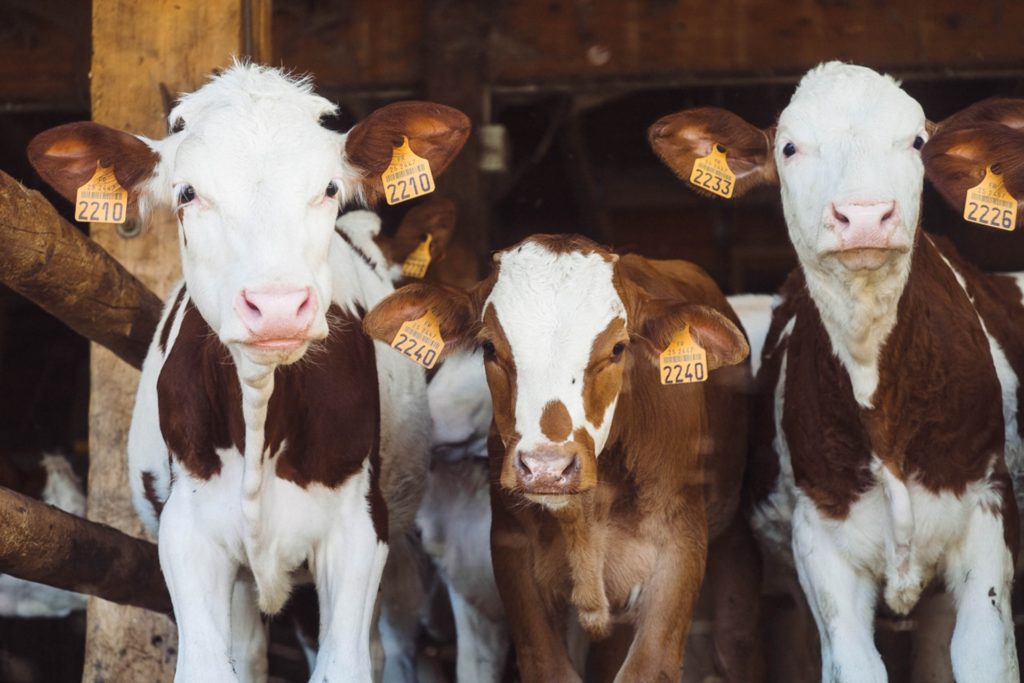Flemish minister for animal welfare Ben Weyts has taken delivery of a report which indicates broad support among food producers for a central quality mark on animal welfare.
Back in 2019 Ben Weyts (N-VA), gave the mission of sounding out the idea of an animal welfare mark to Piet Vanthemsche, the recently-retired president of the Boerenbond, the industry federation for farmers.
Vanthemsche was considered the perfect man to approach animal farmers on their own level to determine support for the label, which could only be seen to be credible with their support.
Vanthemsche encountered a positive reaction to the idea.
“There is a fairly large consensus that this animal welfare label can provide added value in the valorisation of the animal production chain,” he said.
However a ‘fairly large consensus’ is not unanimity, and Vanthemsche found variations between the different links in the chain.
“Of course, every part of the chain expresses its own concerns,” he told Vilt, the newsletter of the Flemish agriculture and horticulture industries.
“The livestock farmer wonders whether this label will bring sufficient added value. The retail sector is concerned about the application of such a label. They are not only active in Flanders, but also internationally. For them, there must be sufficient differentiation with such a central quality mark. For its part, the food industry, such as the meat-processing industry, is asking itself questions about how the costs should be divided.”
According to the consensus, a central system of a quality mark would be simple and recognisable – although the system as currently envisioned would only apply in Flanders, and might be meaningless to customers elsewhere, either nationally or even internationally.
On the other hand, producers of animal food are being faced with a constant decline in demand for their products, as people turn to eating less meat or even none at all, whether for concerns for health of animal welfare. A quality badge would allay some of the concerns of the latter, but not the former.
Vanthemsche has now been given the job, now that his exploratory report is in the minister’s hands, to look into how to put the system into practice. And he appears optimistic.
“When I compiled the first report in 2019, there was no incentive in Europe to think about such an animal welfare quality reference. In the meantime, things have changed. Animal welfare, for example, is clearly stated in the Farm-to-Fork strategy as one of the objectives of agricultural and food policy,” he said.
“There have been a number of discussions at European level in which efforts are being made to outline the contours of a non-statutory reference for animal welfare. There, the main focus is on interchangeability and harmonisation, in such a way that the market is not divided into 100 different animal labels.”

